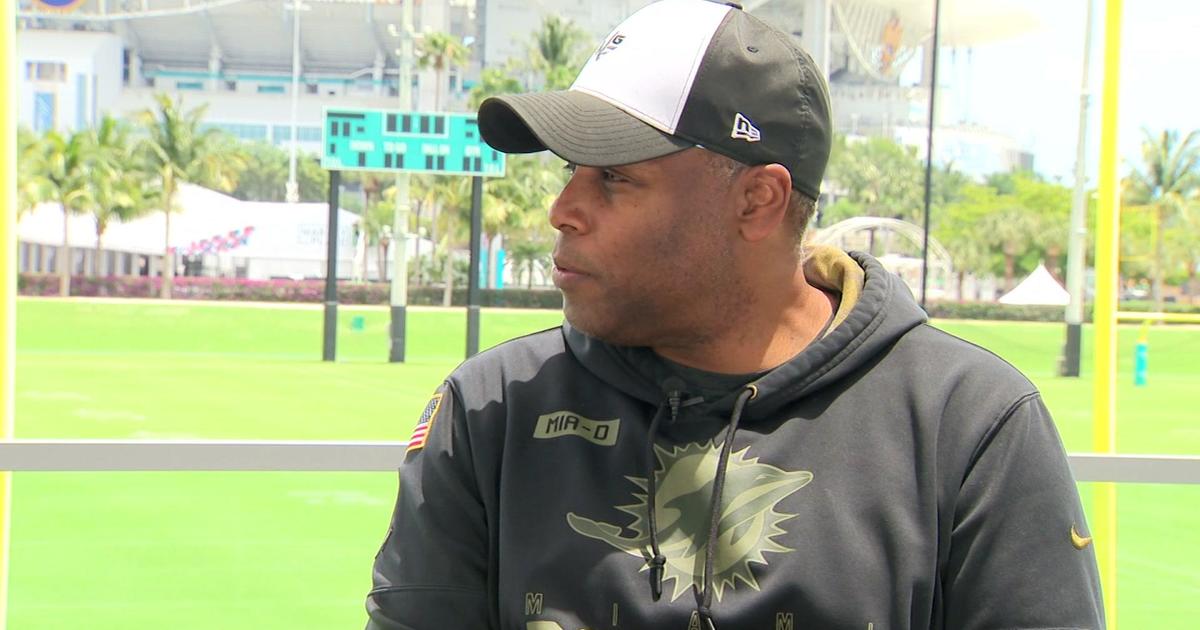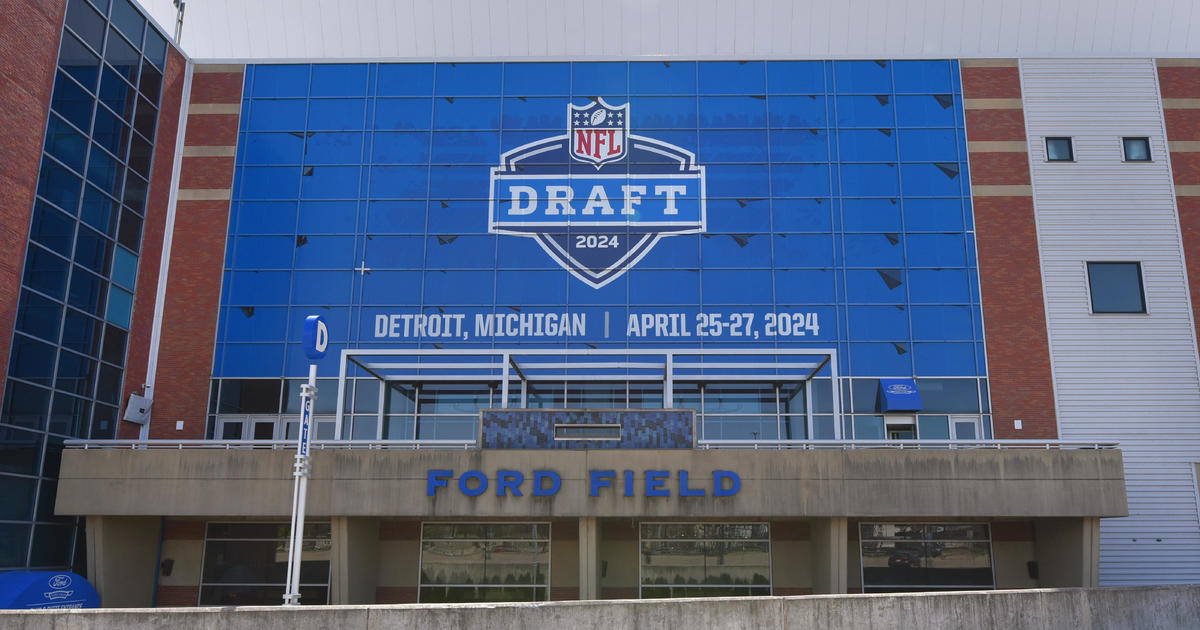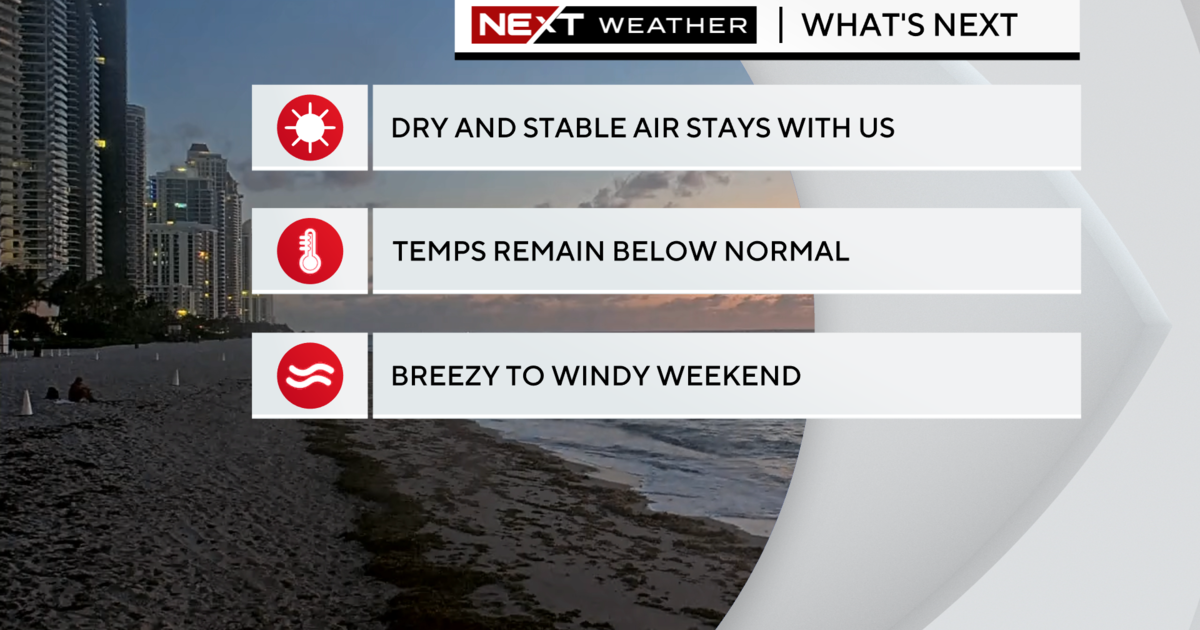Obama Advisor Touts Tighter Cuban Ties In Miami
Follow CBSMIAMI.COM: Facebook | Twitter
MIAMI (CBSMiami) -- President Barack Obama will shake Raul Castro's hand again, as he did in Panama and at the United Nations, but this time the two will meet on Castro's turf for two days, starting March 21st in Havana.
"I am going to Cuba," Obama declared, announcing the trip last month.
The president is looking to build some bridges and maybe do some arm-twisting in Havana.
Deputy National Security Advisor Ben Rhodes appeared in Miami Friday and spoke of a "growing conversation" over expanded ties with the communist nation.
Rhodes, viewed as the architect of the president's plan to normalize ties with Cuba, made the case for making nice with Castro at a forum hosted by Miami Dade College and the Cuban outreach group, Roots Of Hope.
Rhodes said renewed relations surpass cruise ships and airline flights.
"The engagement is broader than just with travel and hospitality," the presidential advisor said.
The president will press Cuba to open up the internet, broaden communications, allow for freedom of speech and even permit U.S. television to be seen there. His point man spoke to a largely supportive crowd at MDC.
Darlene Rodriguez, a Cuban-American student at MDC backs reaching out to the government there, but fears a change in a law -- the Cuban Adjustment Act -- that gives Cuban refugees favored status.
"I need to know if the Cuban Adjustment Act is going to disappear or is going to continue because that is a way for many Cubans to come to this country," Rodriguez said.
Rhodes did not exactly give her a guarantee.
"We're not looking at changes to wet foot/dry foot," Rhodes said, but added, "at this point."
The wet foot/dry foot policy allows Cubans who are able to reach U.S. soil to remain in the country.
Many Cuban-American politicians have condemned the administration's policy of detente.
"President Obama has rewarded the Castro regime for its oppressive tactics," said GOP presidential candidate Marco Rubio, in one of his many attacks on renewed relations. Rubio and others have said ties with Cuba should not be established until the "people are free."
MDC student Glenn Camilo, a Cuban-American, said he agrees that a seemingly one-sided deal favors the Castro regime and supports human rights abuses.
"The Cuban people are not winning, the government is," said Camilo. "The Cuban people are not winning."
Rhodes said Obama will talk human rights with Raul Castro and activists in Cuba.
"He will certainly be meeting with civil society. He will certainly be meeting with dissidents," Rhodes said but could not provide the names of activists with whom the president will meet.
With a U.S. embassy in Havana, Ambassador Jeffrey DeLaurentis was acknowledged from the podium and prominently present in Miami Friday, but not talking about human rights or anything else.
"He's not giving any interviews today, we're sorry," said an aide who jockeyed to position herself between DeLaurentis and a CBS4 News reporter.
Rhodes told the large audience at MDC's Wolfson campus that it will ultimately be up to the Cuban people to bring change to the island -- change the administration believes will be accelerated by reaching out to Cubans in as many ways as possible.
President Obama will be accompanied on his trip to Havana by several cabinet members and members of Congress as he attempts to address a broad range of issue from trade to agriculture, tourism to civil rights, and beyond.
Click here to read more about Cuba-U.S. relations.



